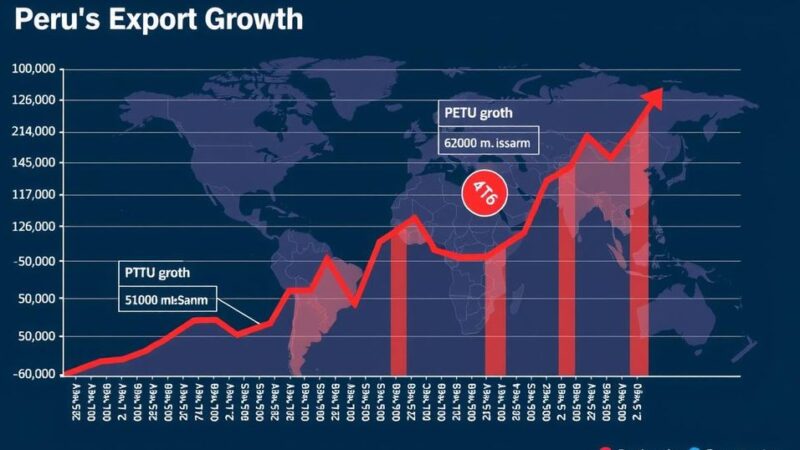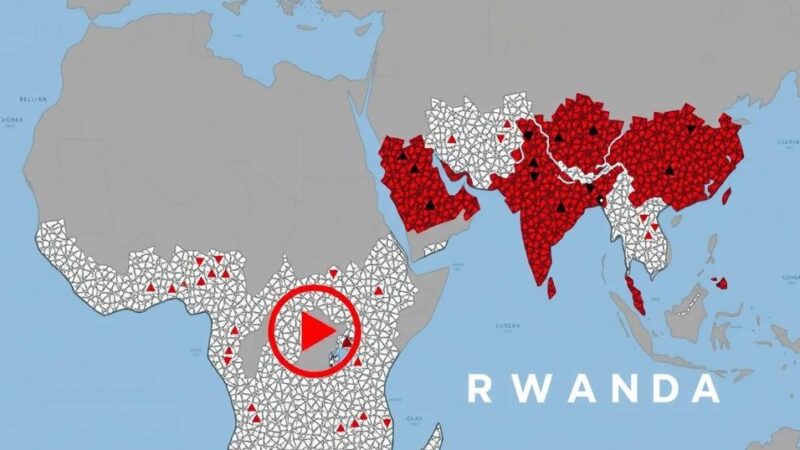President Bola Tinubu’s administration has pledged to revitalize Nigeria’s mining sector to enhance economic diversification. Key initiatives include the establishment of the Mining Marshals for security, the introduction of the Value Addition Policy for licensing, and increased charges for mining activities. Stakeholders remain optimistic but call for sustained efforts to address challenges and boost the sector’s GDP contribution.
Since assuming office on May 29, 2023, President Bola Tinubu has committed to diversifying Nigeria’s economy by revitalizing the solid minerals sector, which is key to harnessing the nation’s vast mineral wealth. Nigeria boasts commercial quantities of 44 minerals, yet the sector’s contribution to the GDP remains low. To counter various challenges including illegal mining and insecurity, Minister of Solid Minerals Development, Dele Alake, declared a state of emergency, initiating both coercive and persuasive strategies to improve sector operations.
The foundational coercive strategy includes the establishment of the Mining Marshals, a specialized security outfit tasked with safeguarding mining sites across the nation. This unit has already inducted over 2,570 personnel and resulted in the arrest of over 300 illegal miners. Alongside these measures, the government has sought to formalize the activities of artisanal miners through the establishment of 250 cooperatives to encourage legal mining practices.
Significant policies have been introduced to enhance the sector’s economic viability. The Value Addition Policy requires companies seeking mining licenses to present plans for adding value to minerals, with new infrastructure such as an advanced laboratory and processing facilities emerging as core components of this initiative. Furthermore, in July 2024, increased rates and charges for mining activities were instituted to foster revenue generation by maximizing royalties from essential minerals like lithium and gold.
Simon Oguntoye, the secretary of the Association of Miners and Processors of Barite, emphasized the potential of enforcing local content requirements, stating, “Compelling International Oil Companies to use Nigerian barite would greatly enhance national revenue.” In addition, the recent lifting of a five-year ban on mining exploration in Zamfara aims to restore lost revenue and combat illegal mining.
The ongoing discussion among industry stakeholders reflects hopes that adequate implementation of these initiatives will lead to substantial growth in the sector’s contribution to national GDP, which rose from N1.66 trillion in 2022 to N1.76 trillion in 2023. As stakeholders prepare for a series of upcoming conferences focused on innovation in mining, there remains cautious optimism regarding the new administration’s approach to reform. The minister has indicated further reforms planned for 2025 to solidify the 2024 achievements, suggesting a long-term commitment to enhancing the mining industry.
The Nigerian mining sector is positioned as a pivotal component of the nation’s economic diversification strategy. Prior to President Tinubu’s administration, the sector faced numerous challenges, including illegal mining operations, insecurity, and underperformance in terms of contribution to the Gross Domestic Product (GDP). To address these issues, the government has introduced a state of emergency focused on revitalizing this critical sector, which is rich in mineral resources vital for global markets, particularly in the context of the energy transition.
In summary, President Bola Tinubu’s administration is actively working to transform Nigeria’s mining sector through comprehensive reforms aimed at addressing illegal activities and enhancing economic contribution. Initiatives such as the establishment of Mining Marshals and the implementation of the Value Addition Policy represent significant steps toward formalizing mining practices and increasing national revenue. Stakeholders remain hopeful about the long-term impacts of these strategies but emphasize the necessity for consistent policy enforcement to realize the sector’s potential.
Original Source: nannews.ng







